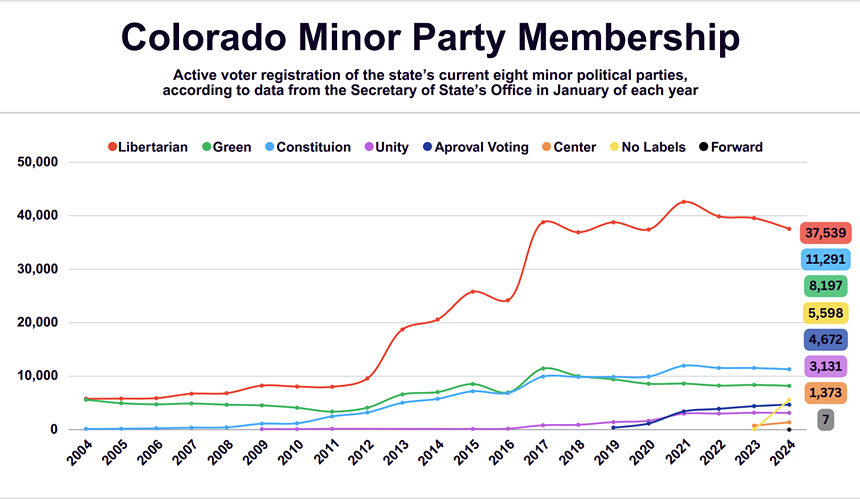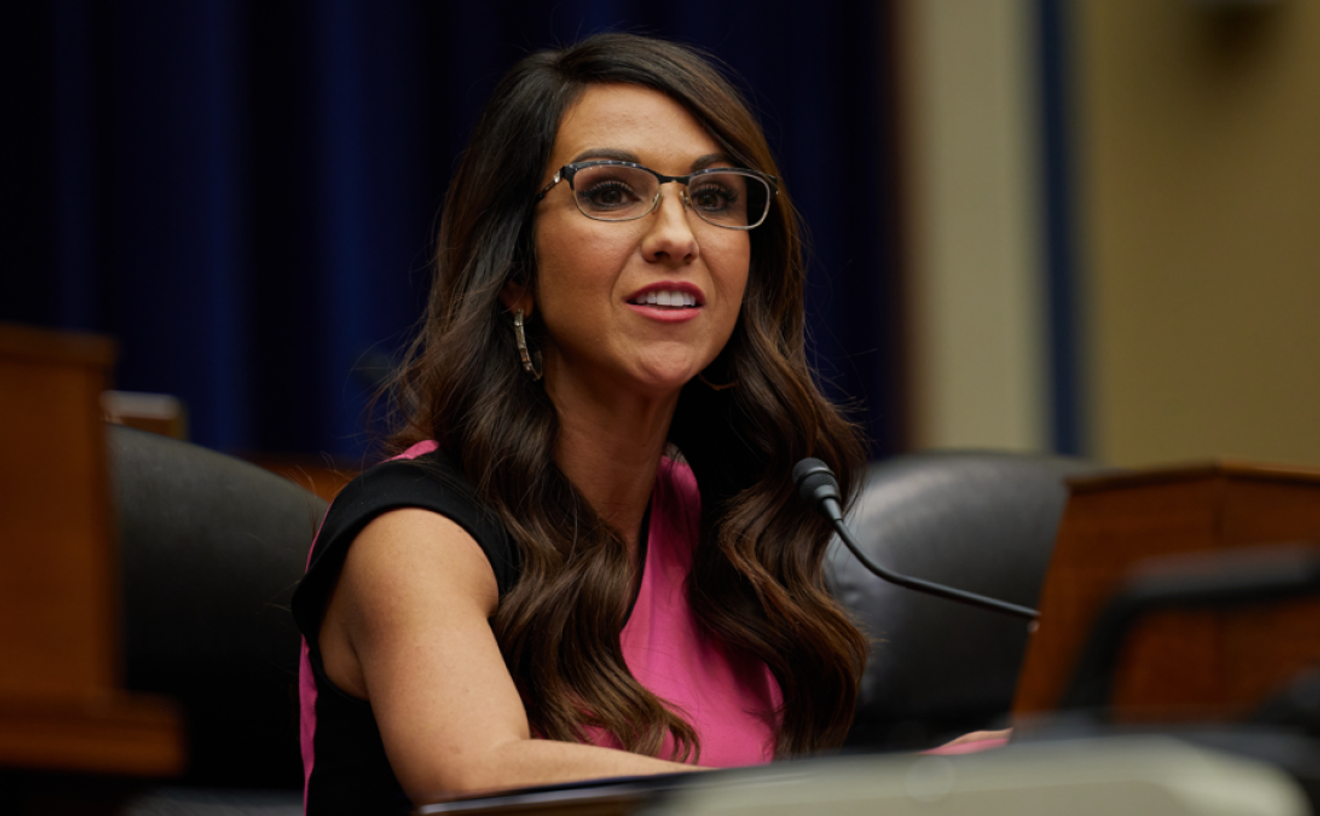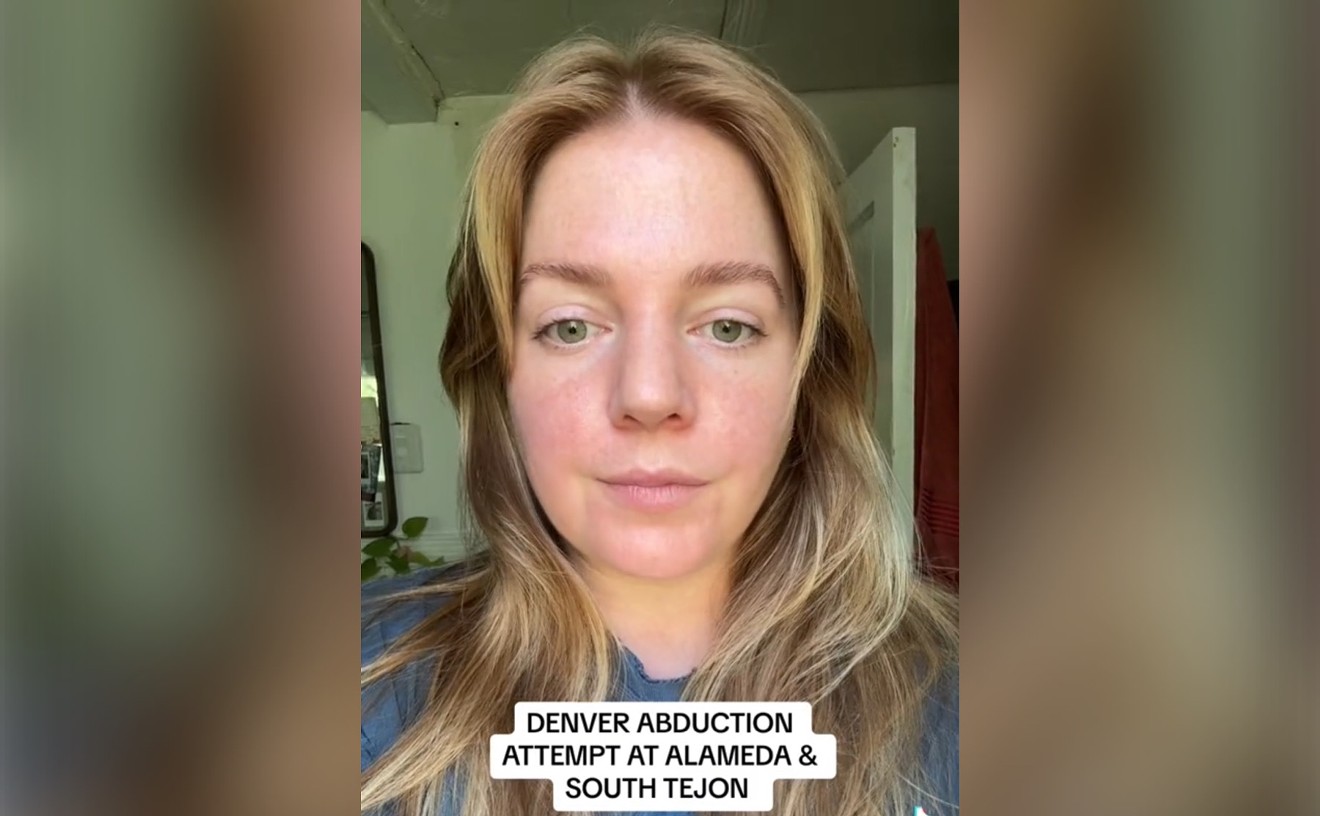When Coloradans register to vote this year, they'll have nearly a dozen party affiliations from which to choose.
Colorado now has eight minor political parties in addition to the Democrat and Republican parties — the largest number in at least two decades, according to data available from the Secretary of State's Office. The newest minor party, the Forward Party, was officially designated on January 25.
Nearly 72,000 active voters are registered with one of the eight minor parties as of February 1, up from only 12,500 minor party voters in 2004. That means just under 1.9 percent of Colorado voters are affiliated with minor parties, compared to 0.45 percent twenty years ago.
One week into the Forward Party's Colorado launch, seven voters have registered with the party.
"That's exciting news," says Rich Herrmann, chair of the Colorado Forward Party. "We are building a new political community."
The Forward Party is the third minor party to register in Colorado over the last year, following the Center Party in September and the No Labels Party in January 2023.
Before these additions, there were only a handful of minor parties in the state, ranging from three to five between 2009 and 2022, according to voter registration data from the Secretary of State's Office. But Colorado is now becoming a hot spot for third parties, as more and more voters turn away from the Democratic and Republican mainstays.
The Green, American Constitution, Unity and Approval Voting parties are all official minor parties in this state; so is the Libertarian Party, which got its start in Colorado in 1971 and today boasts over 37,000 members, making it the state's most popular minor party. The Unity Party and Approval Voting Party also originated in Colorado before spreading to other states, and the Center Party is only located in Colorado, as it is not affiliated with any national organization.
As recently as 2013, Republicans and Democrats both outnumbered unaffiliated voters in Colorado. But now, nearly 48 percent of the state's active voters are independents, compared to fewer than 27 percent who are Democrats and fewer than 24 percent who are Republicans.
Colorado's rising rate of independent voters aligns with national trends, though Colorado is one of only nine states in which unaffiliated voters are the plurality; the others are Alaska, Connecticut, Massachusetts, Nevada, New Hampshire, North Carolina, Oregon and Rhode Island, according to the Independent Voter Project.
Nationally, political analysts say the movement against partisanship is being led by younger voters who are frustrated with the two-party system. A Pew Research survey connected growing political independence to rising partisan hostility, as an increasing number of both Democrats and Republicans view members of the other party as closed-minded, dishonest, immoral and unintelligent.
That kind of disillusionment is what Herrmann is counting on to attract voters to the Forward Party.
“Colorado Forward Party is creating a new home for these voters who are tired of partisan leaders more interested in winning political points than serving their constituents," Herrmann said when announcing the party's designation. "Our candidates and sitting officials are committed to civility, fact-driven discourse and pragmatic compromise for the best interests of the common-sense majority that is increasingly being ignored by the two major parties."
The Colorado Forward Party's policy initiatives include implementing ranked-choice voting, making primary elections nonpartisan and preserving the state's independent redistricting commission. However, the party's main schtick is that it prioritizes general principles and values over specific policy positions; it champions moderation, collaboration and accountability as its core principles.
Any political candidate or official who supports those principles can affiliate themselves with the Forward Party, even if they're members of a different party. Fort Collins Mayor Jeni Arndt, a Democrat, aligned herself with the Forwardists last summer, and now calls herself a "Forward Democrat."
The national Forward Party launched in 2022 and has since spread to over thirty states, according to its website. It is led by 2020 Democratic presidential candidate Andrew Yang and the former Republican governor of New Jersey, Christine Todd Whitman. Yang celebrated the party's Colorado expansion last month, calling it "an amazing accomplishment."
But Forwardists will have to work to maintain their status as an official minor party. At least six minor parties have gained and then lost their status in Colorado since 2004.
"Our three primary goals for 2024 are to grow our membership, fundraise and attract and support candidates," Herrmann says. "It will be interesting to see the pace at which those members and others begin to change their voter registrations to Forward."
The party worked for a year to obtain the 10,000 petition signatures needed to become a minor political party in Colorado. To remain a minor party, it will need one of its candidates to receive at least one percent of the votes in an election for statewide office in the next two general elections — or have 1,000 voters register with the Forward Party.
Seven down, only 993 to go.
[
{
"name": "Air - MediumRectangle - Inline Content - Mobile Display Size",
"component": "12017618",
"insertPoint": "2",
"requiredCountToDisplay": "2",
"watchElement": ".fdn-content-body",
"astAdList": [
{
"adType": "rectangle",
"displayTargets": "mobile"
}
]
},{
"name": "Editor Picks",
"component": "17242653",
"insertPoint": "4",
"requiredCountToDisplay": "1",
"watchElement": ".fdn-content-body",
"astAdList": [
{
"adType": "rectangle",
"displayTargets": "desktop|tablet"
},{
"adType": "rectangle",
"displayTargets": "desktop|tablet|mobile"
}
]
},{
"name": "Inline Links",
"component": "18838239",
"insertPoint": "8th",
"startingPoint": 8,
"requiredCountToDisplay": "7",
"maxInsertions": 25
},{
"name": "Air - MediumRectangle - Combo - Inline Content",
"component": "17261320",
"insertPoint": "8th",
"startingPoint": 8,
"requiredCountToDisplay": "7",
"maxInsertions": 25,
"watchElement": ".fdn-content-body",
"astAdList": [
{
"adType": "rectangle",
"displayTargets": "desktop|tablet"
},{
"adType": "rectangle",
"displayTargets": "desktop|tablet|mobile"
}
]
},{
"name": "Inline Links",
"component": "18838239",
"insertPoint": "8th",
"startingPoint": 12,
"requiredCountToDisplay": "11",
"maxInsertions": 25
},{
"name": "Air - Leaderboard Tower - Combo - Inline Content",
"component": "17261321",
"insertPoint": "8th",
"startingPoint": 12,
"requiredCountToDisplay": "11",
"maxInsertions": 25,
"watchElement": ".fdn-content-body",
"astAdList": [
{
"adType": "leaderboardInlineContent",
"displayTargets": "desktop|tablet"
},{
"adType": "tower",
"displayTargets": "mobile"
}
]
}
]














